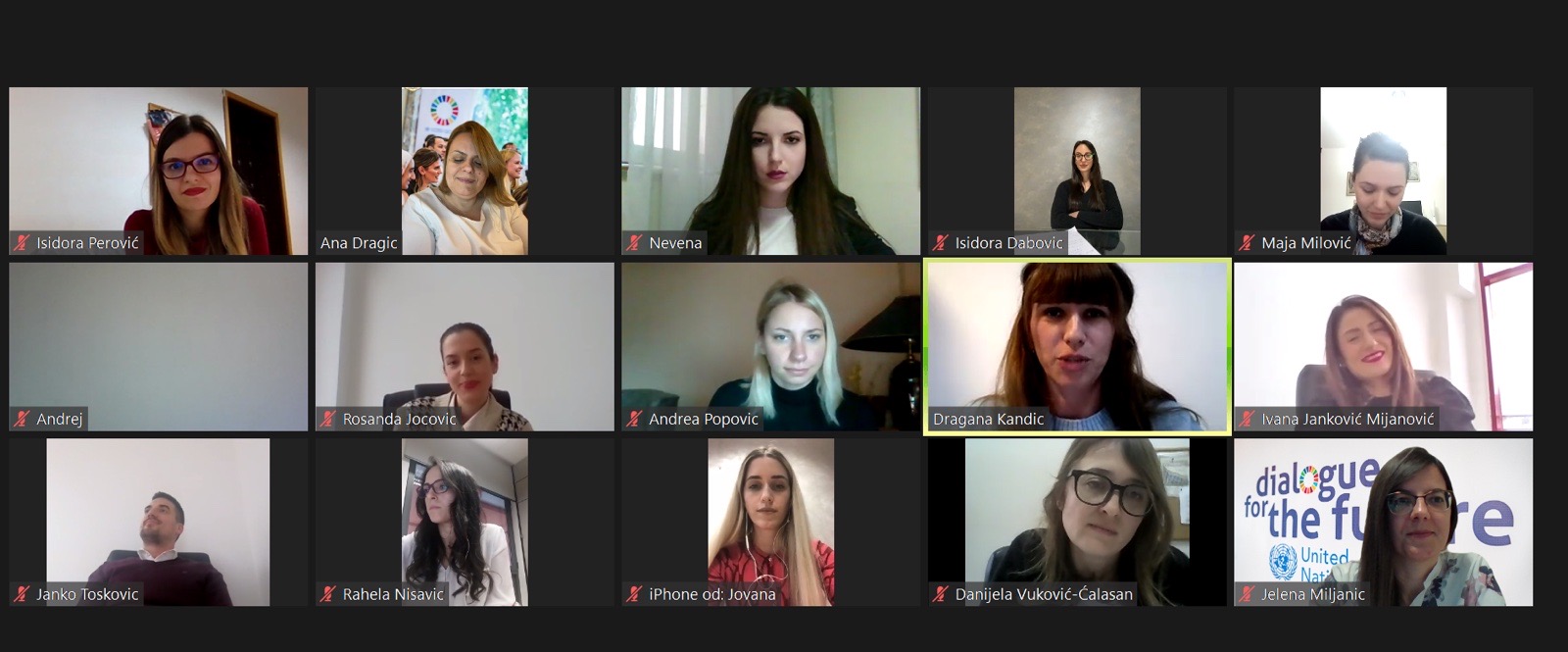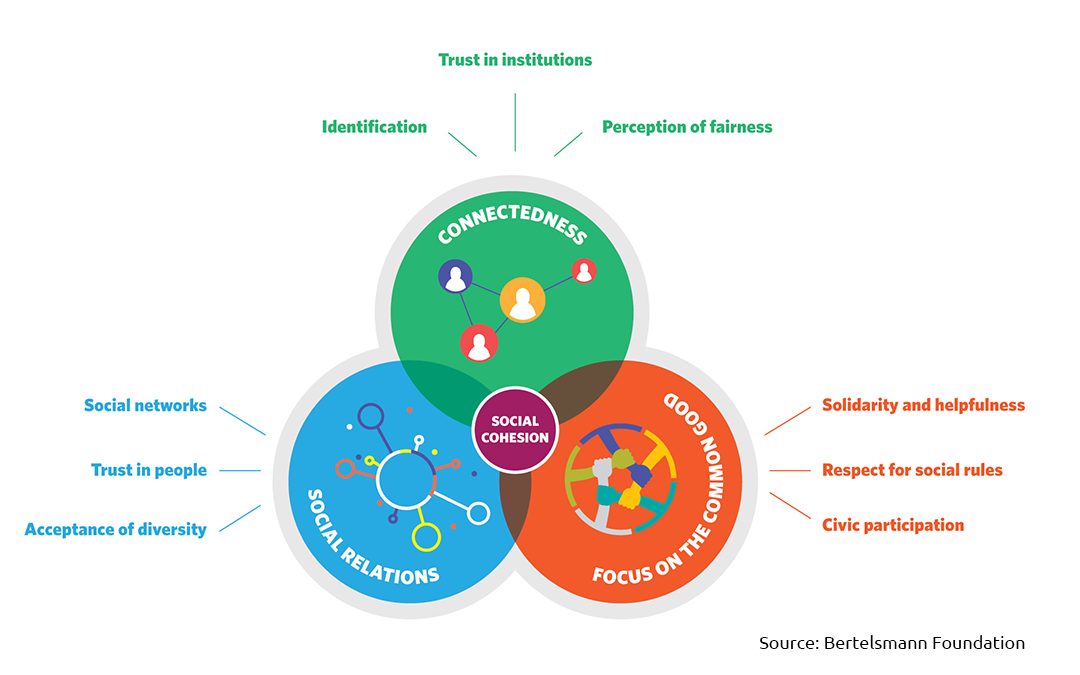Social cohesion: Cooperation, Trust and Development
A group of 31 young diplomats and civil servants gathered together on February 10 at online workshop entitled “Social cohesion: Cooperation, Trust and Development“.
The workshop is part of professional development programme that aims to put additional light on importance of social cohesion for society’s resilience to challenges. It is product of partnership between UNDP in Montenegro and Diplomatic academy of Ministry of Foreign Affairs and organized within the framework of the regional initiative “Dialogue for the Future”.
Participants of the workshop were greeted by Ambassador Mirsad Bibović on behalf of the Ministry of Foreign Affairs and UNDP Resident Representative to Montenegro Daniela Gasparikova. They both agreed that competent and professional young women and men, working in public administration, are an invaluable asset and drivers of progressive and strong institutions.
Ambassador Bibović expressed particular satisfaction that this initiative brought together representatives of almost all state administration bodies. He stated the belief that these young professionals continuously contribute to building credibility of public administration, as well as strengthening trust between different social actors.
UNDP Resident Representative Daniela Gasparikova pointed out that we can witness every day, both nationally and globally, how much trust, cooperation, communication and focus on common good are needed for the further progress of society. She reiterated the message of Granica Kovačević, one of the programme participants, who said:
“Strong institutions are necessary for better future with more respect and trust among the people and diligent and smart professionals are needed within them”.
The programme curricula draws particular attention to the role of effective and efficient international cooperation in achieving social cohesion. In that context the role of media, civil society organizations, independent and professional institutions are of utmost importance in promoting idea of social cohesion. The programme will convene prominent professionals in fields of intercultural communication and social cohesion, from country and abroad, who will offer their knowledge and experience and facilitate learning through series of interactive online workshops.
Social cohesion and society’s resilience to challenges

Speaking to young professionals about the concept of social cohesion Professor Danijela Vuković Ćalasan, said that despite different definitions, common understanding of this concept is that it is based on trust among different social actors and their willingness to work together toward joint progress and common good.
“Social cohesion is the glue that keeps society together”
Social cohesion is characterized by the horizontal and vertical relations among citizens and between citizens and the state, with complex interdependencies both across and between those two dimensions. The vertical dimension represents trust between citizens and government, including trust in political, economic or social leaders, institutions, elecčtion process, access to justice, taxation, budgeting, and the delivery of public services. The horizontal dimension defines the trust, relations and interactions among people in a society across differences such as identity or other social constructs. The horizontal dimension involves cohesion among citizens, reflected in the extent to which civil society, social organizations and institutions exhibit trust and a sense of interdependence.
Understanding and strengthening social cohesion in practice is of vital significance for ensuring society’s resilience to risks.
“Modern risks are hidden and invisible, they remove spatial and temporal boundaries and produce new inequalities within and between countries “.
Civil servants have important role in contributing to the narrative of social cohesion at national and global level by empowering specifically interculturalism through more interaction and dialogue.
To conclude, we are about to continue our learning journey and dialogue over social cohesion. Stay tuned to hear more from this group of young professionals with progressive ideas and vision for moving our societies forward!
***
This is the second programme for young diplomats and civil servants from Montenegro implemented within the regional initiative “Dialogue for the Future”, funded by the UN Peacebuilding Fund, jointly implemented by UN teams and relevant institutions in Montenegro, the Republic of Serbia and Bosnia and Herzegovina, which aims to create additional space for constructive dialogue between citizens, communities, as well as citizens and decision-makers by promoting social cohesion, trust and respect for diversity. The first programme devoted to intercultural communication in the global world gathered the group of 30 young diplomats and civil servants from Montenegro during 2020. More about this program at the link: Dialogue for Tolerance and Cohesion | Young Diplomats

